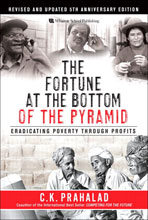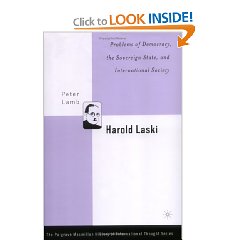
New Study Reveals Connection Between Enforcing Immigration Laws and National Security
Friday, October 30, 2009
By Penny Starr, Senior Staff Writer
A new study by the conservative think tank Center for Immigration Studies (CIS) reveals the connection between enforcing immigration laws and national security – sometimes in chilling detail.
Phi Beta Iota: It's all connected. Until the US Government understands the two graphics below (each leads to a separate briefing any adult should be able to comprehend), the Republic will continue its nose dive into the cluster of Third World nations we have abused and now will join for lack of integrity and intelligence among our leaders, military as well as civilian.
Continue reading “Journal: US Lacks Basic Intelligence at the Top”





